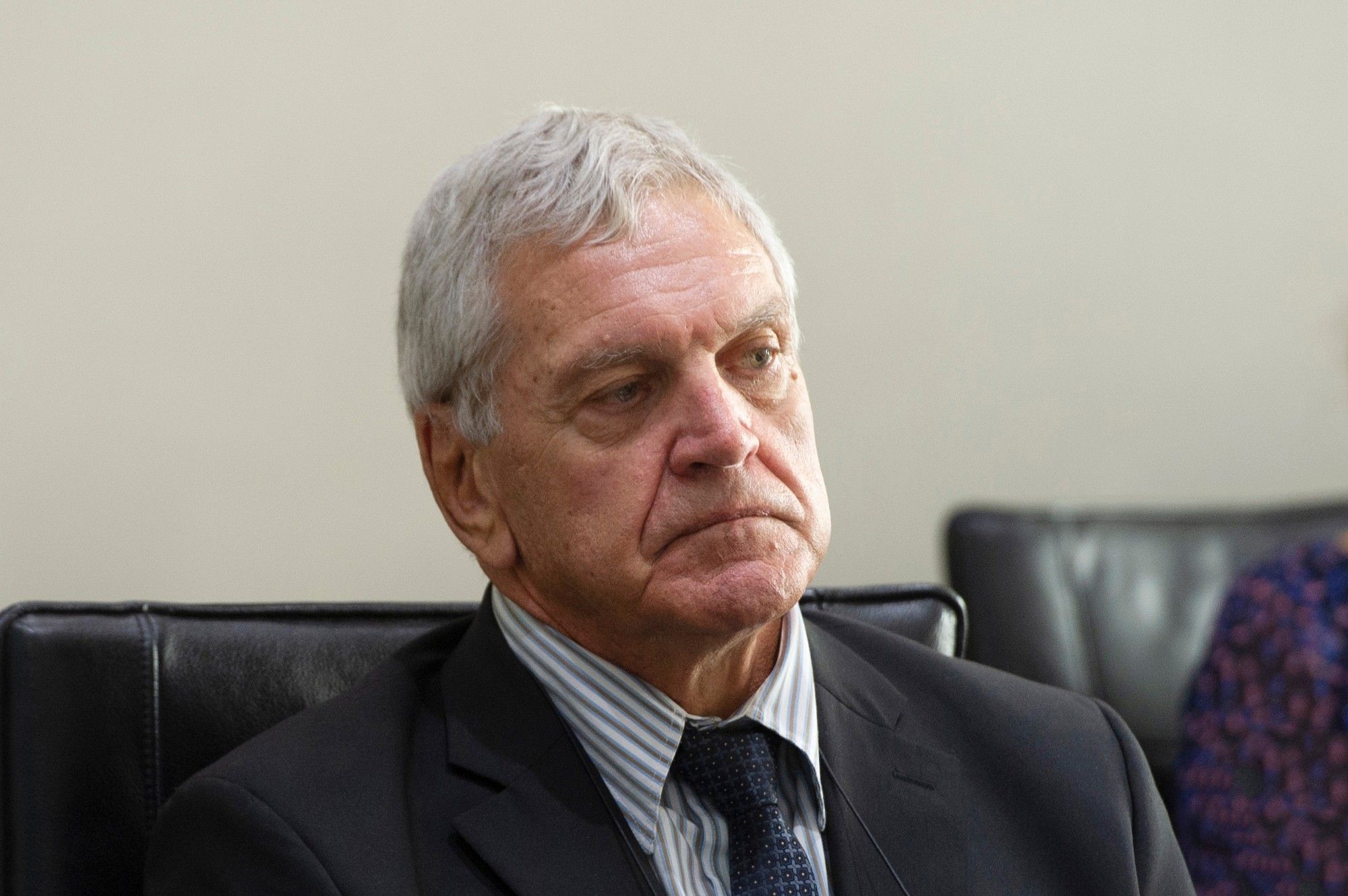

The Black Business Council (BBC) has sharply criticised the awarding of a multi-billion-rand battery storage contract to Mulilo Energy, a company chaired by former Eskom Chief Operating Officer Jan Oberholzer.
Oberholzer served as Eskom’s COO from 2018 until July 2023, a period marked by significant challenges for the utility, including aging infrastructure, financial difficulties, and worsening load-shedding.
The battery storage program, launched in March 2024, aims to bolster the country’s electricity grid by storing excess solar power generated during the day and releasing it during peak demand in the mornings and evenings.
At a recent press briefing, Minister of Electricity and Energy Kgosientso Ramokgopa confirmed that Mulilo Energy, alongside Norwegian firm Scatec, has been selected as the preferred bidder for the project.
However, the BBC has raised serious concerns about this decision.
The organisation argues that Oberholzer and former Eskom CEO Andre de Ruyter presided over a period that “nearly collapsed Eskom” and left South Africa facing persistent load-shedding”.
“Given the circumstances, the BBC is deeply concerned that Oberholzer may have had insider knowledge of Eskom’s requirements, which could have given his company an unfair advantage over other bidders. This raises serious questions about his credibility and ethics,” said BBC CEO Kganki Matabane.
Furthermore, the BBC highlighted a troubling perception of racial privilege.
“The organisation strongly believes that if Oberholzer were Black, this outcome would likely have sparked widespread allegations of corruption. “The lack of criticism in this case underscores the ongoing issues of white privilege in South Africa’s economic dealings,” he added.
The National Union of Mineworkers (NUM) also expressed discontent, stating that the decision undermines the principles of good governance.
“We consider this a clear case of a revolving door—where an individual transitions from a position of immense public influence at a state-owned entity to a private company that benefits directly from policies and initiatives he once championed,” NUM argued.
“This practice undermines the foundations of good governance and contradicts the government’s stated commitment to fighting corruption.”
IOL reached out to Mulilo Energy for comment but the company did not respond at the time of publishing.
Earlier this week, Prince Adil Nchabeleng, a member of the MK Party and the Parliamentary Portfolio Committee on Electricity and Energy, said the party had written to the minister demanding full disclosure within seven days.
“We are questioning the validity of the selection process for this contract, including the reasoning and merits behind the award,” Nchabeleng said.
“Approximately 26 other companies bid for this project, yet there has been no transparency regarding the criteria or process used to select the current winner.”
Since 2020, the Department of Mineral Resources and Energy has aimed to add 28 GW of new electricity generation capacity through its IPPPP (Integrated Power Producers Procurement Programme).
Eight bid windows have been released to date, covering risk mitigation, renewable energy, battery storage, and gas-to-power projects.
However, allegations of irregularities in Eskom’s procurement processes have persisted.
Last year, Karen Pillay, Eskom’s then-head of security, was suspended amid accusations of corruption related to an R500-million security tender awarded to Fidelity Security Services.
It was alleged that she bypassed proper procedures, relying instead on a security report drafted by former police chief George Fivaz at the request of then-CEO Andre de Ruyter to award the contract without a competitive tender.
Further scrutiny came in June last year when Parliament’s Standing Committee on Public Accounts (Scopa) questioned Eskom’s Chief Procurement Officer Jainthree Sankar about the tender process.
Sankar explained that she was not present at the initial meeting with de Ruyter and Oberholzer, where the extent of the threat to Eskom was discussed.
She clarified that she did not participate in selecting the service provider, claiming she only received instructions from her superiors to proceed with the emergency contract.
By the time of publication, the Department of Electricity had not responded to IOL’s questions.
IOL News
.



